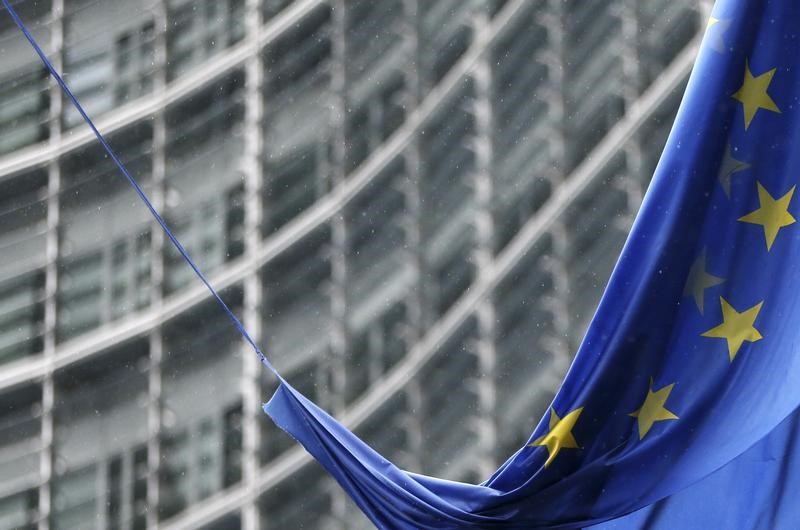LONDON (Reuters) - The European Union's markets watchdog has ruled out further delays to the bloc's sweeping reform of securities trading rules which are due to come into effect in January.
The "MiFID II" law injects more transparency into stock, bond and commodities markets, and requires more derivatives to be traded on a platform, rather than privately between banks, to apply lessons from the 2007-09 financial crisis.
The start date has already been delayed by a year to 2018 to give banks, markets and customers more time to prepare, and the European Securities and Markets Authority (ESMA) said the new deadline must be met.
"Contrary to some recent coverage and commentary, MiFID 2/MiFIR will come into effect on 3 January 2018, there will be no further delay in its implementation," ESMA Chairman Steven Maijoor told a Futures Industry Association conference on Wednesday.
"One delay has been enough for all concerned."
The sector is waiting for detailed rules on mandatory trading of derivatives on a platform with just six months to go.
Maijoor said ESMA would publish a consultation paper on this in coming weeks, but there would only be a six-week period for the sector to respond.
The detailed rules would still need approval of the European Commission, European Parliament and EU states, a process that can be protracted.
"ESMA is a firm believer in the positive effects the trading obligation will have on the transparency and competitiveness of derivatives markets," Maijoor said.
"The Group of 20 Economies agreed on the trading obligation back in 2009, and implemented in the U.S. since 2014. We therefore consider that all stakeholders have had sufficient time to prepare for the trading obligation, thereby allowing for its implementation in January 2018."
